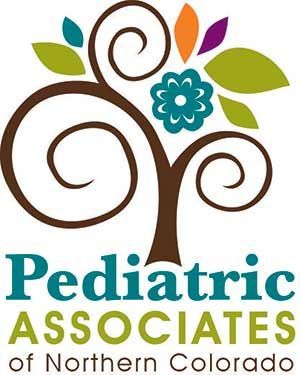ICD10
-
Z00.12 -
Z00.0 -
99384 -
99394
Here are some suggestions from Bright Futures experts that may be of value to your family.
How Your Family is Doing
-
Set aside time to be with your teen and really listen to her hopes and concerns.
-
Support your teen in finding activities that interest him. Encourage your teen to help others in the community.
-
Help your teen find and be a part of positive after-school activities and sports.
-
Support your teen as she figures out ways to deal with stress, solve problems, and make decisions.
-
Help your teen deal with conflict.
-
If you are worried about your living or food situation, talk with us. Community agencies and programs such as SNAP can also provide information and assistance.
Your Growing and Changing Teen
-
Make sure your teen visits the dentist at least twice a year.
-
Give your teen a fluoride supplement if the dentist recommends it.
-
Support your teen's healthy body weight and help him be a healthy eater.
Provide healthy foods.
Eat together as a family.
Be a role model.
-
Help your teen get enough calcium with low-fat or fat-free milk, low-fat yogurt, and cheese.
-
Encourage at least 1 hour of physical activity a day.
-
Praise your teen when she does something well, not just when she looks good.
Your Teen's Feelings
-
If you are concerned that your teen is sad, depressed, nervous, irritable, hopeless, or angry, let us know.
-
If you have questions about your teen's sexual development, you can always talk with us.
Healthy Behavior Choices
-
Know your teen's friends and their parents. Be aware of where your teen is and what he is doing at all times.
-
Talk with your teen about your values and your expectations on drinking, drug use, tobacco use, driving, and sex.
-
Praise your teen for healthy decisions about sex, tobacco, alcohol, and other drugs.
-
Be a role model.
-
Know your teen's friends and their activities together.
-
Lock your liquor in a cabinet.
-
Store prescription medications in a locked cabinet.
-
Be there for your teen when she needs support or help in making healthy decisions about her behavior.
Safety
-
Encourage safe and responsible driving habits.
Lap and shoulder seat belts should be used by everyone.
Limit the number of friends in the car and ask your teen to avoid driving at night.
Discuss with your teen how to avoid risky situations, who to call if your teen feels unsafe, and what you expect of your teen as a driver.
Do not tolerate drinking and driving.
-
If it is necessary to keep a gun in your home, store it unloaded and locked with the ammunition locked separately from the gun.
The information contained in this handout should not be used as a substitute for the medical care and advice of your pediatrician. There may be variations in treatment that your pediatrician may recommend based on individual facts and circumstances. Original handout included as part of the Bright Futures Tool and Resource Kit, 2nd Edition.
Listing of resources does not imply an endorsement by the American Academy of Pediatrics (AAP). The AAP is not responsible for the content of external resources. Information was current at the time of publication.
The American Academy of Pediatrics (AAP) does not review or endorse any modifications made to this handout and in no event shall the AAP be liable for any such changes.
© 2019 American Academy of Pediatrics. All rights reserved.
AAP Feed run on: 4/3/2025 Article information last modified on: 4/3/2025

